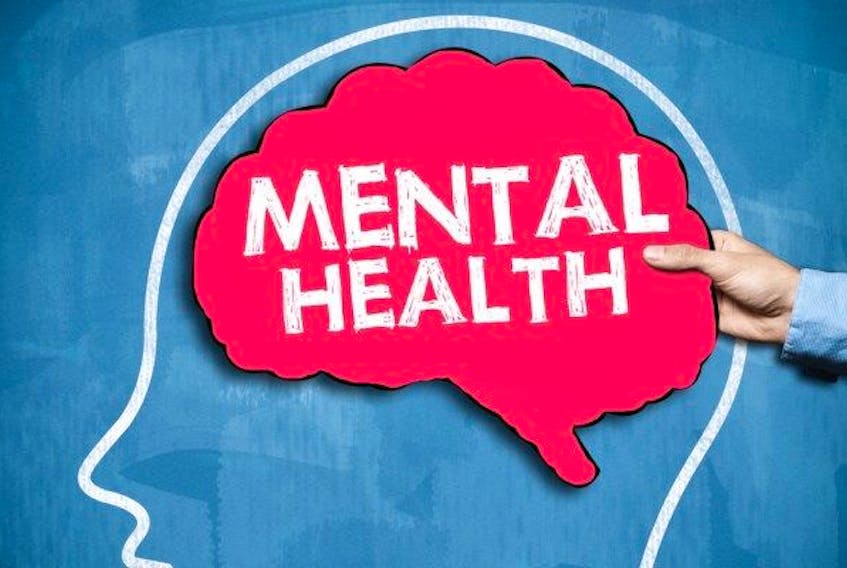Nov. 12-18 was digital health week — and it was a week with a very good reason for everyone in Canada to celebrate.
Digital health is changing how we get our treatments, and how medical professionals deliver health care to us. More than a concept, digital health care leaps off the screen, shaping our reality like something from the Jetsons.
E-Mental health is a great example — and it’s providing cutting-edge mental health care right here in Newfoundland and Labrador. Fifteen primary health-care clinics across the province have signed on to a project, funded by the Mental Health Commission of Canada (MHCC) and the provincial government, which uses evidence-based phone apps and the Internet to connect patients with mental health care — when and where they need it.
Selected by the MHCC for its high success rate at several post-secondary institutions, including Memorial University, Stepped Care 2.0 combines face-to-face, same-day services with 24/7 access to e-mental health care. Since its adoption on campus, waitlists have been slashed and the number of students getting help from the university’s mental health services has gone up by 15 per cent.
When folded into the public system, e-mental health is proving to be just as effective as face-to-face services — but Canada must race to catch up with peers like New Zealand, Australia, and the U.K.
While in 2016, almost 90 per cent of adults in our country were routinely accessing the Internet and spending upwards of 14 hours a week on mobile devices, e-mental health in Canada is still underdeveloped.
Stepped Care 2.0 aims to change that and usher in a new era.
Its triage approach treats people living with mild to moderate mental health problems earlier, before their needs ramp up, ensuring they receive the least intensive treatment with the best chance of improvement. The level of treatment can then be “stepped up” or “stepped down,” depending on need.
Patients are presented with the most effective, simplest option first. It might be an e-mental health app, online self-help tools, or even a behaviour prescription – like volunteering or walking the dog: good habits that bring psychological benefits.
Broadening this approach beyond the campus setting where it has proven itself will shed light on Stepped Care 2.0’s effectiveness among more diverse patient groups, from various social and economic backgrounds in both urban and rural settings.
The evidence-based model has nine steps in all, ranging from initial consultation to intensive therapy and psychiatric consultation. Stepped Care itself is not new, but version 2.0 adds a technological twist – or e-mental health initiative — to each step.
It’s a good fit for mental health because the mental illness continuum covers a spectrum from mild to severe. Modifying the approach according to need also frees up resources and specialists so services can be focused where they’re most urgently required. What’s especially heartening about Stepped Care 2.0 is that almost half of the people who receive walk-in services say one session is enough to address their needs.
E-Mental health can cut costs, shorten wait times, reach across time zones, and improve accessibility in rural and remote settings.
Given that 1.6 million people in Canada say they have an unmet need for mental health care, digital health is one of the best ways to bridge that gap. Failing to take advantage might well take us closer to the Flintstones than the Jetsons.
Louise Bradley is president and CEO of the Mental Health Commission of Canada.
Dr. Peter Cornish, PhD, is a registered psychologist and associate professor/director at Memorial University and is leading the MHCC’s e-mental health demonstration project
Related story:









